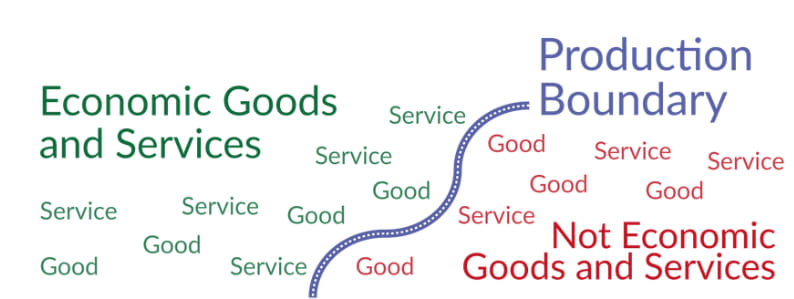Is there a way to measure how much of global growth is attributable to just how we attribute "value" to certain resources (people, undervalued goods, emissions, etc).

Max Roser's post on Our World in Data, titled "What is economic growth? And why is it so important?" explains that there are things that fall outside our definition of economic goods and services. However, I am curious if there is a way to determine whether there is a distinction between (a) a new good or service being produced and (b) a good or service that has moved from outside the boundary to inside.

and of course, the fact that people voluntarily pay >$5n for a restaurant meal rather than $n for the ingredients even when it saves no time and doesn't facilitate work is... (read more)